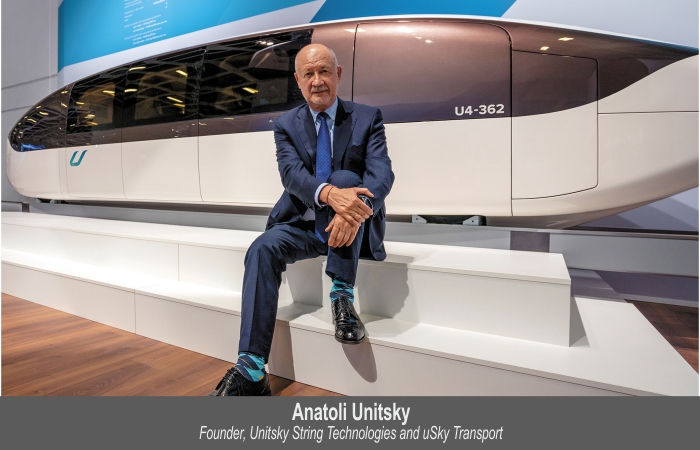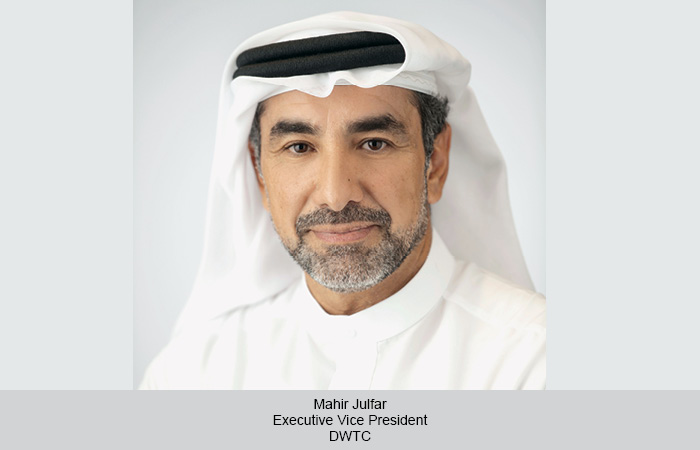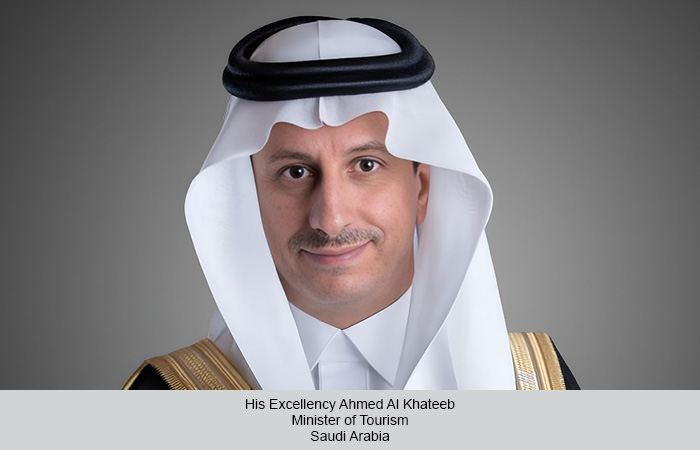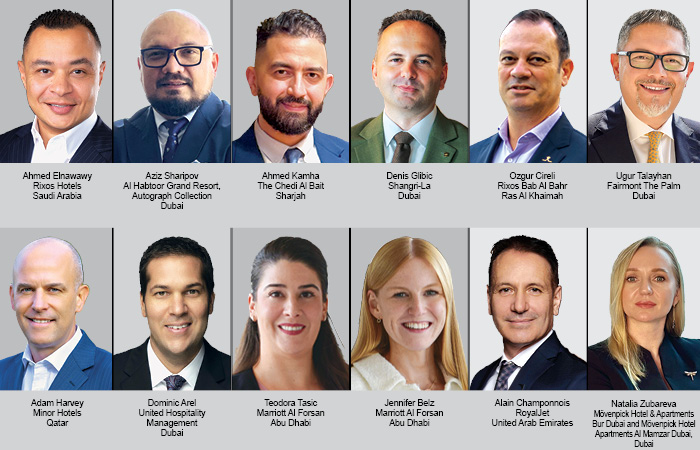At its test facility in Sharjah, United Arab Emirates, Unitsky String Technologies Inc. (UST), a Belarusian company specialising in environmentally friendly, safe, and comfortable transport solutions, has completed the first stage of the uSky freight and passenger elevated string rail transport system for use in global logistics.
Marking the company’s first commercial project launch, uSky has set ambitions to expand its portfolio to 10 projects by the end of 2022. The first commercial uSky project will be in the ‘investment business’ stage, having passed through the ‘innovation’ and ‘venture capital’ stages. Meanwhile, Unitsky will continue to test the sustainable transportation solution beforedeploying it widely next year.
“By leveraging our cutting-edge, proprietary technology, we are demonstrating the agility, versatility, and capabilities that our cost-effective, elevated string rail technology can offer to destinations. uSky is designed to handle both cargo and passenger logistics, and it provides high transit speeds and performance (up to 150 km/h and 50,000 people per hour) at a fraction of the cost of other solutions with minimum environmental impact,” says Anatoli Unitsky, Founder, Unitsky String Technologies and uSky Transport.More than US$ 14 million has already been invested in the design, construction, and certification of uSky’s urban transport and freight facilities in
the UAE.
Parameters for the deployment of the high-speed uSky technology platform are: the required investment for the research, demonstration, and certification of a high-speed transport complex (up to 500 km/h) is US$ 230 million. The test string-rail overpass will be 20 km long, with a required land area of 100 hectares; the total investment needed to fully deploy the technological platform is US$ 580 million. The additional land piece is over 50 hectares in size; the term for the construction and certification of the complex is two years; the technology platform will be fully established in three years; the speed of intercity high-speed rail electric vehicles in passenger, freight, and cargo-passenger versions is 500 km/h, which will eventually be boosted to 600 km/h; and within the proposed innovation techno-hub, more than 100 research and development activities and related technologies would be developed.
 TravTalk Middle East Online Magazine
TravTalk Middle East Online Magazine





